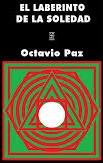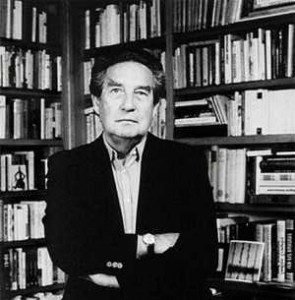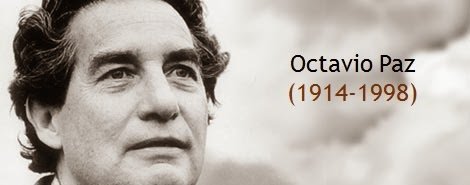Is our literature modern?
After a few days, I found this work among many, written by the official chronicler of the city of Carora- Venezuela, the Doctor in History Luis Eduardo Cortés and it is for my honor to share it with you.
Is our literature modern?
It is a disturbing question that Octavio Paz asks, long before winning the Nobel Prize for Literature in 1990. The Mexican writes an essay with this disturbing question in Cambridge, Massachusetts, in 1975. I confess that I have read this writing many times, It has 11 pages, and that has made me meditate to the point of daze. There he affirms that our literature has a weakness, visible above all in the domain of critical thinking, which has led us to ask ourselves whether Spanish-American literature, however original and as it seems to us, is really modern.

To our amazement, Paz affirms that our literature is not modern, and this he says because what makes a really modern literature is criticism, an element that Spanish speakers lack. A literature without criticism is not modern or it is in a peculiar or contradictory way. There is an absence of criticism in Hispano-America.
We have had - good peace - literary criticism: Bello, Henríquez Ureña, Rodó, Darío, Alfonso Reyes, Rama, Rodríguez Monegal, Jorge Luis Borges. What we did not have or have are original intellectual movements. There is nothing comparable in our history to the Schlegel brothers; to Coleridge, Wordsworth; to Mallarmé, to the New Criticism in the United States, to Richard and Leavis in Great Britain, to the structuralists of Paris. The reason for this anomaly is that in our language we have not had a true critical thinking either in the field of philosophy or in that of science and history. That's why we are an eccentric portion of the West.
That eccentricity -he adds- began in the 17th century, since we did not have a Scientific Revolution (Kepler, Galileo, Newton); and will continue in the eighteenth century because we did not have, above all, an equivalent of the Enlightenment and critical philosophy. Nor with the best will can we compare the Spaniards Feijoo or Jovellanos with Hume, Locke, Diderot, Rousseau, Kant. There is the great rupture; where the modern era begins, our separation also begins.
.jpg)
Our inability to get in tune with modernity has produced, obliquely, unique and exceptional literary works. But in the field of thought, public morality and social coexistence, our eccentricity has been fatal: we do not know tolerance, therefore we live in a chronic instability, disorder, passivity, demagogy and caudillismo.
.jpg)
This is fundamentally the debatable thought of Peace. Shall we give him all the credit he deserves? In my way of seeing, no. The French thinker Alan Guy, for example, tells us that in philosophy we have shown a surprising inferiority complex, that we mistakenly believe that nothing of the Iberian is profound and valid. Guy shows us that the prospections of Andrés Bello, Leopoldo Zea, O'Gorman, José Gaos, Salazar Bondy and Mayz Vallenilla have been remarkable.

And what about the natural sciences, where the Chilean biologists Maturana and Varela stand out and their relevant concept of autopoiesis; the Venezuelan Humberto Fernández Morán, creator of the prominent concept of crioultramicrotomia. In sociological and historical thought we must make an obligatory reference to the Argentine semiologist Walter Mignolo, central figure of the so-called Latin American postcolonialism; José Carlos Mariátegui, an "agonist of socialism"; to José Vasconcelos, whom Keyserling considered the greatest thinker in Latin America; and I can not help but say that it would be a serious omission not to highlight Gustavo Gutiérrez, Leonardo Boff, Frei Betto, who created the very original Theology of Latin American Liberation, a true avant-garde "visions of the world". And closer to us, in Colombia, how to avoid the philosopher Santiago Castro Gómez, who has dazzled with his Hibrys from zero point and also Critique of Latin American reason.
In the end, the old and weary West should pick up from the New Latin American World several beneficial lessons of lucidity and wisdom. Something new and powerful has been cooking among us, although Paz holds otherwise.

E-mail: [email protected]
Blog: Cronista de Carora
If you liked this post, do not forget to give your vote, share it and, above all, comment on the subject!
Do not forget to follow me for more content like this one.
Greetings from the remotest of the world!
To the question in your title, my Magic 8-Ball says:
Hi! I'm a bot, and this answer was posted automatically. Check this post out for more information.